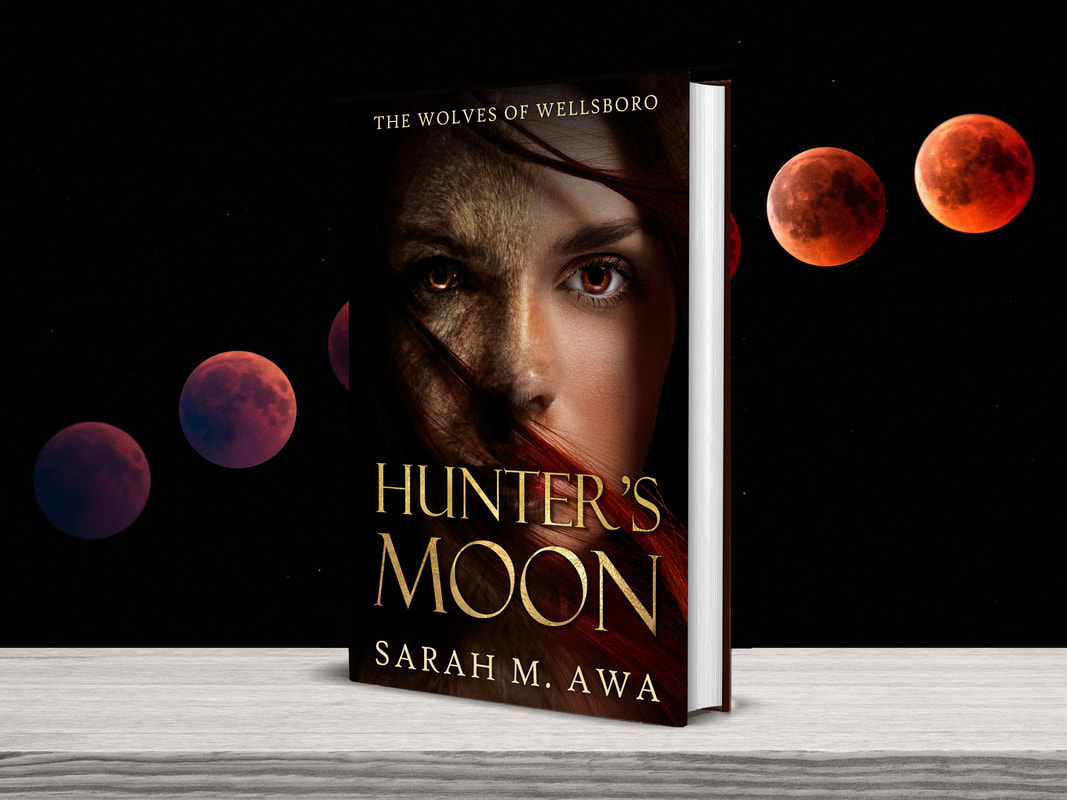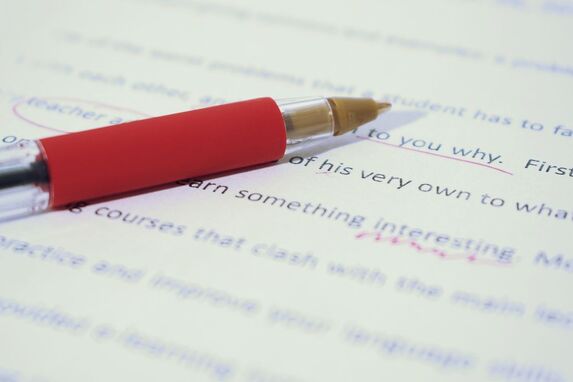|
[I first published this article on Medium.com late last year.]
It’s time for me to address this topic because, unfortunately, I’ve just had my heart broken* by a book that started out with excellent disability representation only to crash and burn in the final third. What happened? In broad strokes, the author did not understand the ultimate consequences of disability. That failure, as you will see below, can have a disastrous effect on readers, both disabled and otherwise. As someone who has battled a serious, incurable autoimmune disease for more than 17 years, I care deeply about this topic, and so I’m going to show you how to write disabled and/or chronically ill people** well. But first, let me explain why writing them well is important.
0 Comments
I recently came across this article about how a lot of authors don’t feel like they have much or any support from their family and friends, when it comes to their writing. It struck a big enough chord in me to write a blog post about it.
One of the hardest parts of Hunter’s Moon for me to write was the scene when Mel wakes up after her first transformation. The horror of said transformation itself was, believe it or not, easier for me to write than the aftermath! Because the morning after, Mel has much more time to think and process and dwell on what’s happened to her, since her mind is not being wiped away and the pain is no longer all-consuming.
Today, as I do on occasion, I looked to the calendar for writing inspiration. I don’t know whether a lot of other writers do that or not, but it has helped me many times. Today it was simply for a Facebook post—and the calendar reminded me that one of my characters has her birthday around now. But while I was writing Hunter’s Moon, I found myself checking the calendar frequently, for plot reasons.
I can be very childlike sometimes. Then again, I am also an old soul. (Completely confusing, I know! To myself too. Just go look at some INFJ memes on Pinterest for more on that.) My mom has told me a few times that I should write children's books. As in, "baby" level. Well, I have a couple of very undeveloped ideas but never quite work up enough interest to write at that level. I naturally gravitate toward reading longer books and prefer to write them too. I get so absorbed and enthralled in a good story, I don't want it to end! I crave series and sequels!
Stephen King’s book On Writing contains, among other helpful pieces of advice, this gem: Kill your darlings.* Sounds very King-esque, right? What he means is that you need to chop out scenes or sentences or paragraphs that you are especially proud of but that don’t advance the plot or help the book in any way.
Some months ago, while I was on a Madeleine L’Engle reading (and re-reading) kick, I came across a fascinating quote about fiction. Two of L’Engle’s granddaughters wrote an Introduction that is printed in newer editions of the Austin family books. Here’s the part of their intro that resonated with me, and that I’ve been ruminating on:
I’m a huge fan of fantasy. I grew up on J.R.R. Tolkien books—first, The Hobbit in seventh grade English class, which I adored (the book, the class, and the teacher). As soon as we finished that unit, I grabbed my mom’s copy of The Fellowship of the Ring and quickly devoured it. Then I gobbled up the other two books in the trilogy, racing my friend, à la Legolas and Gimli, and beating her by a few days.* By eighth grade, I was perusing The Silmarillion and Unfinished Tales behind my textbook in algebra class. (That teacher was another favorite. . . . I wonder if he knew/cared what I was really reading, since I was making an A.)
|
AuthorSarah Awa lives in Ohio with two hairy guys and writes books about werewolves. Archives
February 2024
Categories
All
|










 RSS Feed
RSS Feed
